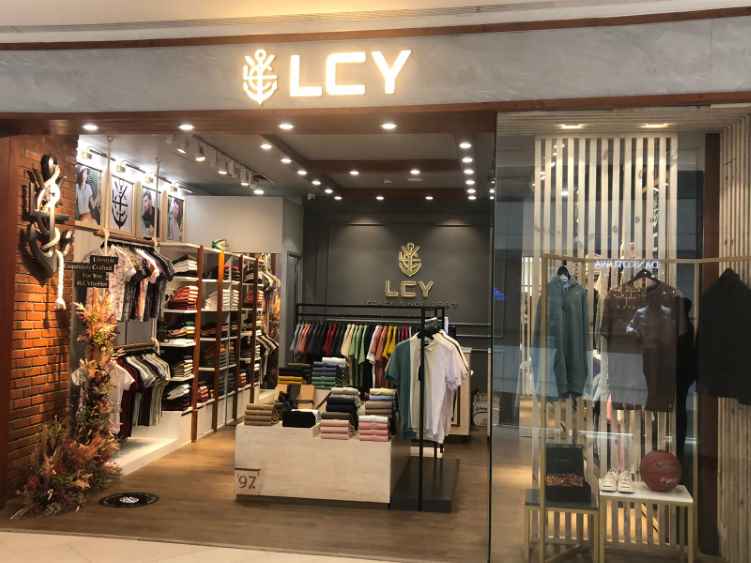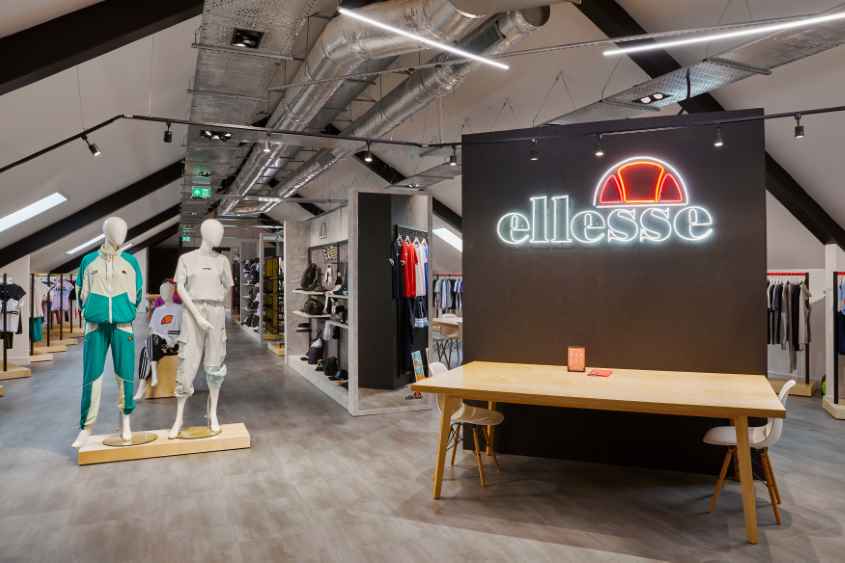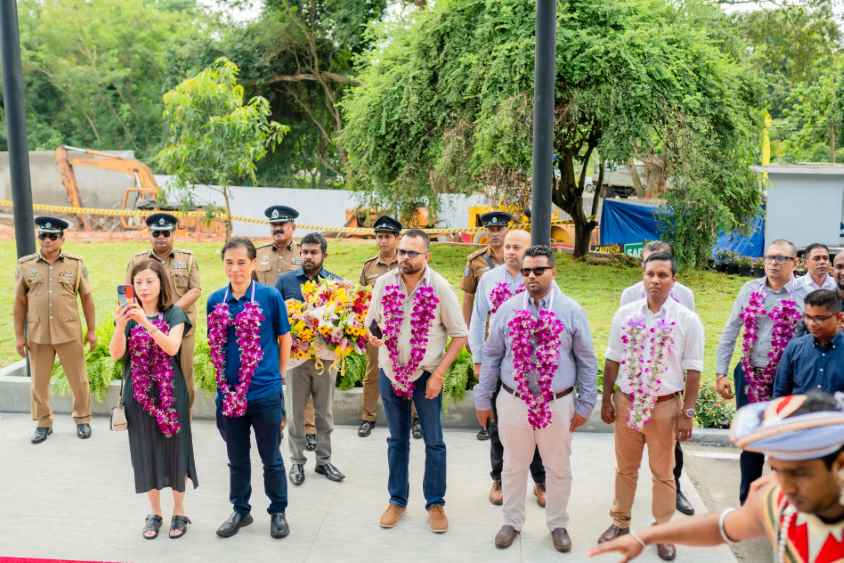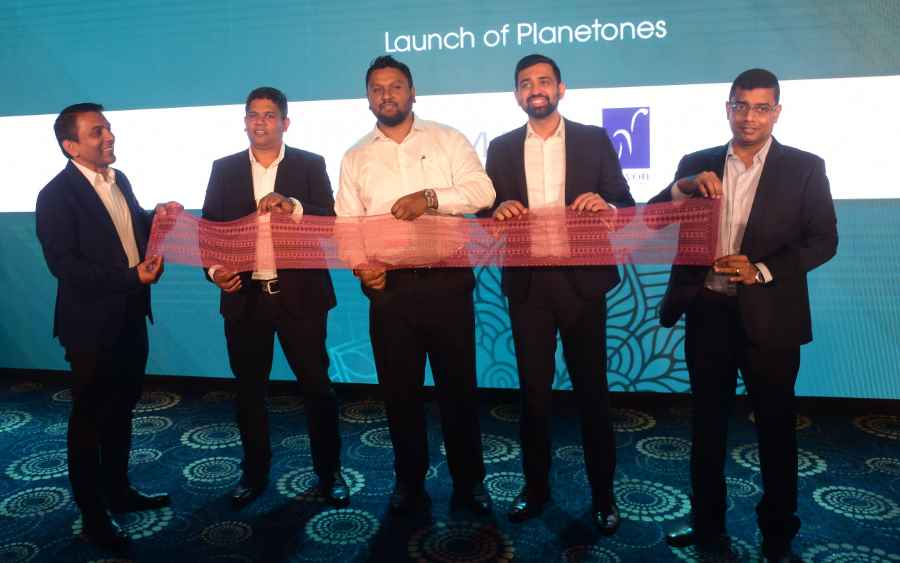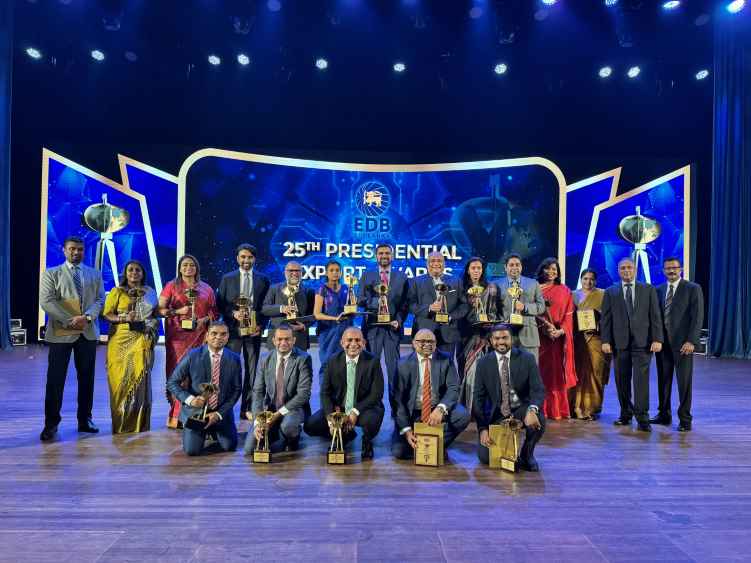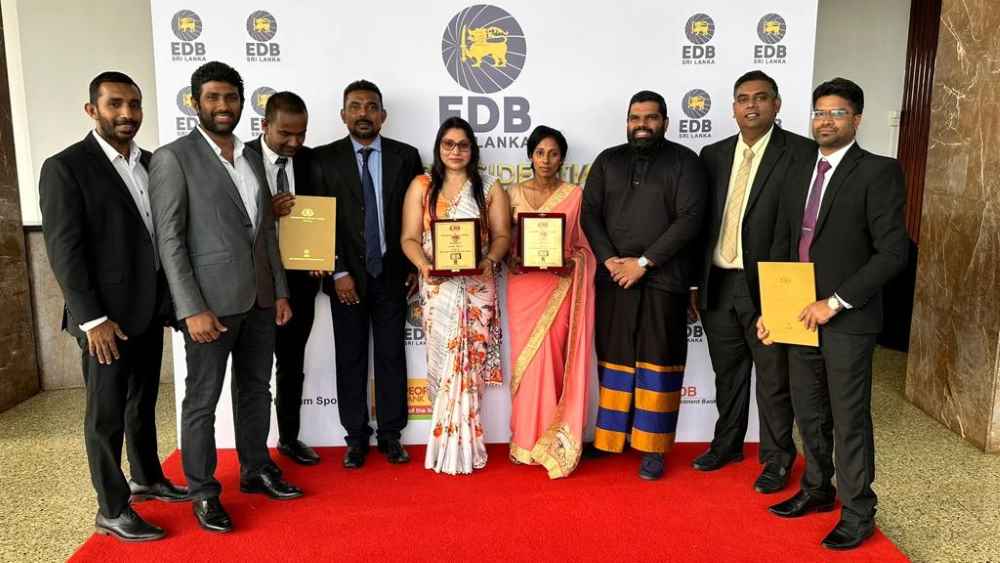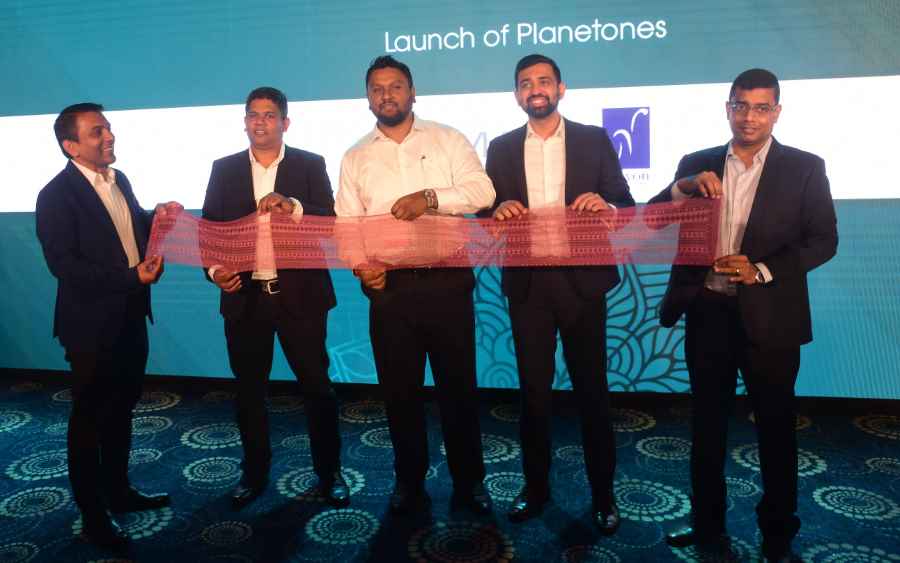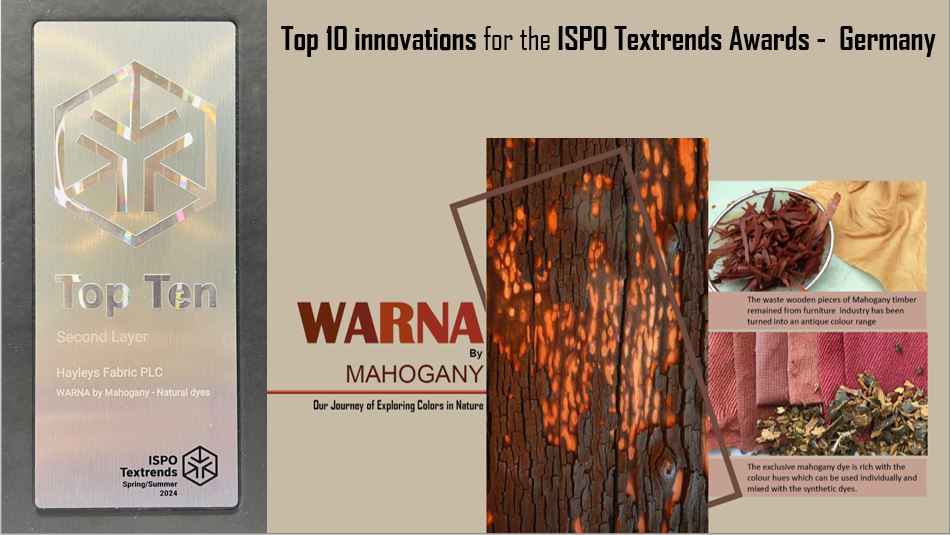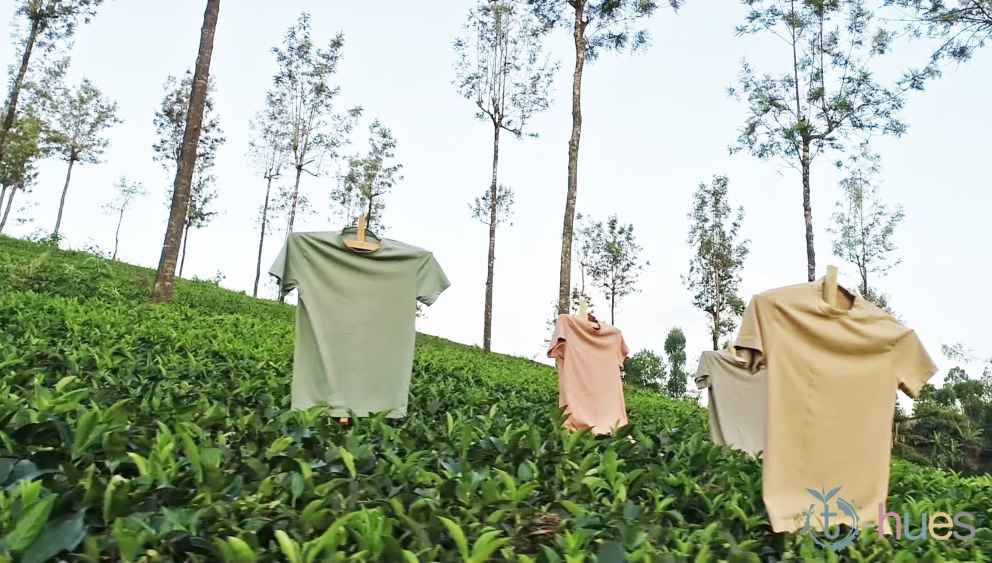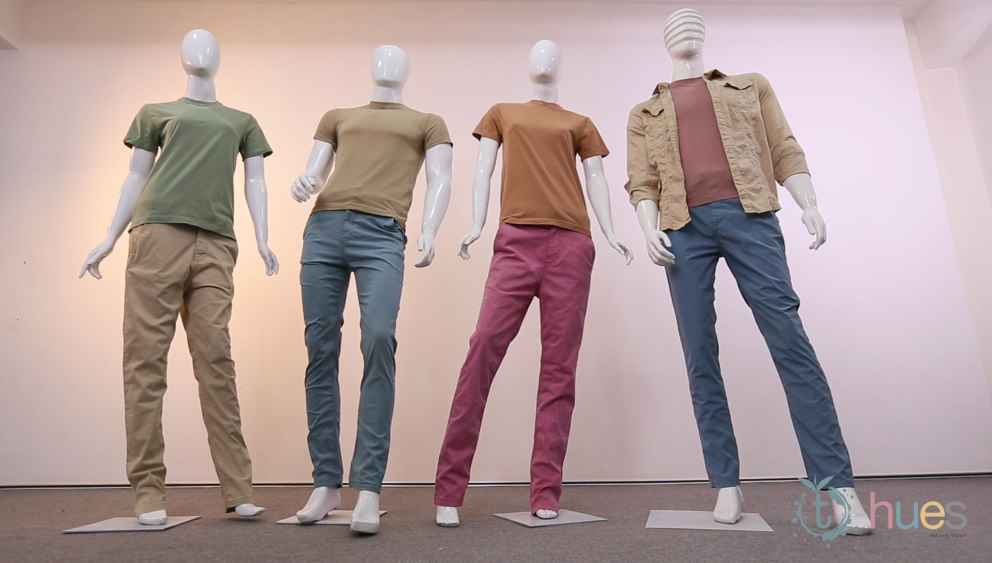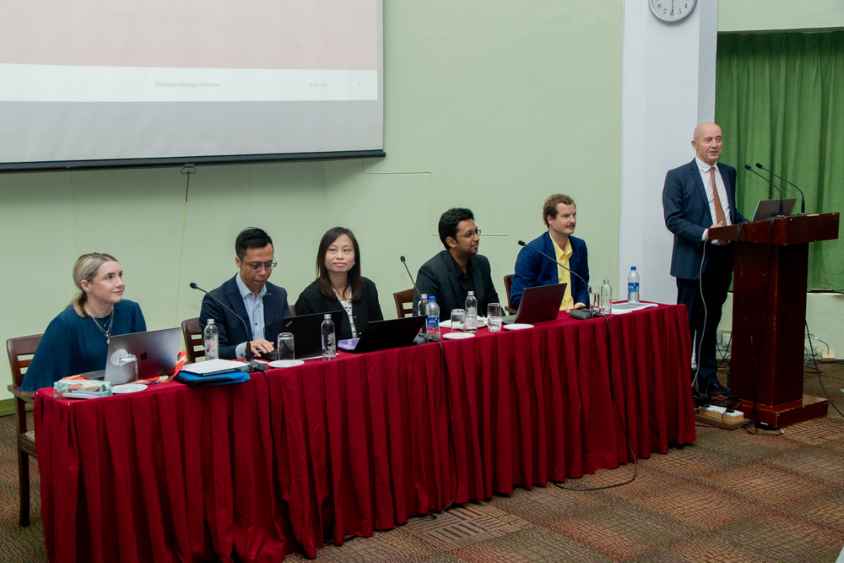In Sri Lanka’s textile sector, a deep-rooted tradition in natural dyeing spans centuries and is intertwined with the nation’s rich textile heritage. The country’s abundant biodiversity has yielded a diverse range of botanical resources, providing a wealth of natural pigments essential to the garment industry. From vivid shades sourced from turmeric, indigo, and madder root to the earthy tones derived from catechu and the vibrant yellows of turmeric, Sri Lanka’s legacy in natural dyes remains a pivotal component of its textile exports. This innovation aligns with global sustainability trends, positioning Sri Lanka as a hub for eco-friendly textile production. Key industry players in the Sri Lankan Apparel Industry, such as Hayleys Fabric PLC, Noyon Private Limited, Dynawash, and Ocean Lanka lead this movement, leveraging natural dyes to cater to international markets increasingly prioritizing environmentally responsible products.
Hayleys Fabric PLC’s Warna by Mahogany Innovation
Hayleys Fabric is at the forefront of eco-conscious fashion, revolutionizing a new era in sustainable textiles. Its commitment to sustainability is vividly portrayed through organic, eco-friendly fabrics woven from natural dyes. Collaborating with nature, the Company has harnessed the power of Neem, Thulsi and a selection of natural dyes derived from pomegranate, mulberry, Mexican marigold, Mahogany wood and black clutch, expanding the horizons of environmentally friendly textiles. This dedication to minimizing environmental impact extends to water treatment practices, earning Hayleys Fabric prestigious accolades for their holistic approach to responsible production.
Recognized among the Top 10 global innovations at ISPO Textrends Spring/Summer 2024, Hayleys Fabric’s ‘Warna by Mahogany’ is the natural dye innovation that has become an industry game changer. Representing one of Sri Lanka’s initial advancements in eco-friendly fabrics on the esteemed ISPO Textrends platform, this acknowledgement solidifies the nation’s leadership in sustainable circular fabric sourcing particularly in sports apparel. This ground-breaking innovation uses waste from the local furniture industry to extract dyes, pioneering a transformative waste-to-fashion initiative.
The company recently earned recognition for its ‘Midnight by Charcoal’ range, a novel collection of textiles featuring organic prints from biomass charcoal waste. In collaboration with its subsidiary, South Asia Textile Private Limited, the ‘Midnight’ range received international acclaim, securing a spot among the ‘Top 10 Innovations in the Street Sports’ category at ISPO Munich. This marks the second time in the past year that a Sri Lankan innovation in eco-friendly fabric dyes from the Hayleys Fabric Group has been acknowledged by ISPO.
The exclusive mahogany dye, offering 16 hybrid colors across diverse fabric compositions, meets stringent international standards and is free from harmful chemicals, ensuring both the wearer’s safety and that of the environmental. With an impact lifecycle assessment revealing a 36% positive environmental impact compared to synthetic dyes, it is evident that Warna champions sustainability. Its residual waste repurposed for fertilizer production embodies circularity, while embracing multiple UN Sustainable Development Goals underscores its commitment to responsible production, innovation, clean water, and climate action.
Driving environmentally-friendly product development further is Hayleys Fabric’s INNO brand which strives to introduce eco-conscious, stylish and functional fabrics to global markets. With a robust textile manufacturing history and a significant presence in the apparel sector, Hayleys Fabric PLC remains a beacon of sustainability, showcasing excellence across design and production.
Noyon Lanka Private Limited’s Planetones
As a subsidiary of MAS Holdings, Noyon Lanka has revolutionized sustainable dyeing with its innovative ‘Planetones’. This 100% natural dye range, accredited with the prestigious ‘Eco Dye Standard’ by the Control Union, marks a significant stride in environmentally conscious dyeing methods. Planetones does not use any metal modent in the dye formulation. Offering a palette of over 50 vibrant colours for polyamides, this solution covers 90% of the colour spectrum barring a brilliant white and jet black. This product is applicable to fabric, elastics, lace, nylon-coated trims and accessories as well as applications such as garment wash. This innovation is not limited to just vibrant hues but extends to substantial environmental impact through its dyeing process, as assessed by “Bluwin”, with over 50% reductions in water consumption, energy usage, GHG emissions, positioning ‘Planetones’ as the benchmark for eco-friendly dyeing practices in the industry. Their adherence to stringent eco-standards including ZDHC and Oeko-Tex underpin the Company’s dedication to following this environmentally friendly dyeing legacy solution.
Whilst the raw material is a 100% natural sourced from plant extracts, the auxiliaries part of the dye process is bio-based, making it a 100% sustainable product offering, setting an exemplary benchmark for sustainable dyeing practices within the industry.
Planetones was ranked top 5, under the “Accelerated Eco” category, at the spring/summer 2025 edition of the ISPO Textrends Awards.
Dynawash’s T Hues
T Hues, recently granted a patent in India, represents an innovative leap in Sri Lanka’s textile industry, ushering in a new era of sustainable garment dyeing. Born from a collaborative effort between SLINTEC, Unilever, and Dynawash, this innovation utilizes tea waste to create a versatile 52-color palette. It features a unique blend comprising 80% natural and 20% synthetic dyes, offering remarkable versatility across various fabric compositions, including cotton, nylon, and blends. What sets T Hues apart is not only its color diversity but also its inherent sustainability attributes, boasting a negative carbon footprint and antimicrobial properties. The initiative also ensures traceability through QR-coded hang tags, assuring consumers of its eco-friendly origins and production processes.
With over US$1 million in orders from several leading international global brands, T Hues has demonstrated the commercial viability of sustainable innovation and has gained confidence from major players on Sri Lanka’s ability to deliver in this sphere.
Certified with the Global Organic Textile Standard (GOTS) in line with ZDHC MRSL standards, T Hues embodies Sri Lanka’s steadfast commitment to sustainable fashion practices. Its use of tea waste as a primary ingredient not only underscores resource efficiency but also highlights the innovative reuse of materials, contributing to a circular economy. The blend of natural and synthetic dyes offers an eco-conscious alternative without compromising on quality or performance, meeting stringent quality standards set by global brands and standards. This showcases a commitment to environmental responsibility and technological advancements, setting benchmarks for sustainable dyeing practices within the industry.
The versatile application of T Hues aligns seamlessly with the evolving demands of environmentally conscious consumers. Its amalgamation of eco-friendliness, quality assurance through certifications like GOTS which is recognized as ZDHC MRSL compliance certification epitomizes Sri Lanka’s proactive approach to revolutionizing sustainable fashion practices. Through its traceability features and commitment to minimizing environmental impact, Dynawash’s T Hues is a testament to innovation, sustainability and excellence in the textile industry.
Top of Form
Ocean Lanka’s Aqua + Dyeing System
Sri Lanka’s well-known weft knitted fabric manufacturer Ocean Lanka spearheads a sustainable revolution in the textile industry with its groundbreaking ‘Ocean Aqua+’ dyeing system. This innovative technology, indigenous to Ocean Lanka and conceptualized by their proficient Dyeing and Color Lab teams, stands as a testament to the company’s commitment to environmental preservation. Redefining the fabric dyeing process, ‘Ocean Aqua+’ has already made substantial strides in augmenting capacity utilization and productivity while championing environmental conservation. This visionary system is engineered specifically for dyeing deep and vibrant-colored fabrics, ensuring a seamless synergy between eco-consciousness and cost-efficiency.
These reputable Apparel companies, each pioneering their unique approach, collectively paint a vivid picture of Sri Lanka’s commitment to sustainable fashion. With collaborations and partnerships transcending borders from international brands – these initiatives emphasize the global reach and impact of Sri Lanka’s textile industry. Moreover, their integration into platforms like Fashion for Good and Material Connexion amplifies their dedication to global sustainability alliances, positioning Sri Lanka as a beacon of eco-friendly textile practices.
It is evident that with the joint efforts of Hayleys Fabric PLC, Noyon Private Limited, and Dynawash, and Ocean Lanka symbolize the amalgamation of innovation, sustainability, and global partnerships, propelling Sri Lanka’s textile industry towards a future where fashion doesn’t just adorn but also nurtures the planet.




